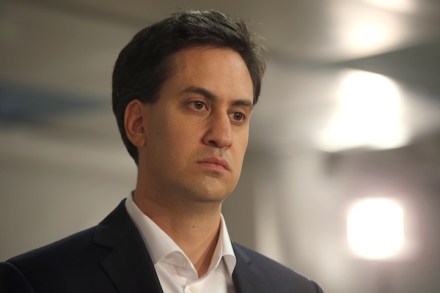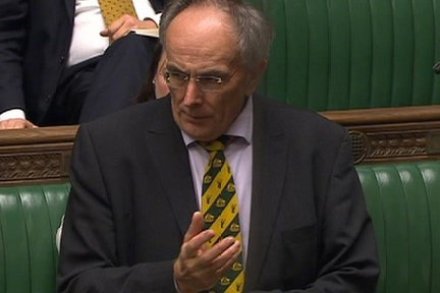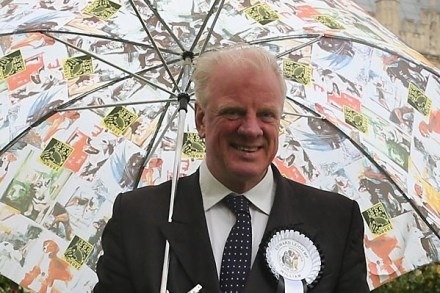‘What’s more important obeying a Brussels directive or keeping the lights on?’
Andrew Neil’s interview of Michael Fallon on The Sunday Politics was a reminder of just how much of UK energy policy is determined by EU rules. When pressed on why there’s such a capacity crunch that there’s a risk of blackouts in the winter of 2015-16, Fallon explained that this was because a whole series of ‘dirtier’ plants are coming off-stream because of EU rules. If this wasn’t happening, there wouldn’t be a problem. Intriguingly, when asked ‘what’s more important obeying a Brussels directive or keeping the lights on?’ Fallon responded that ‘Keeping the lights on is the job of the government’. But he stressed that the government was ‘not




















